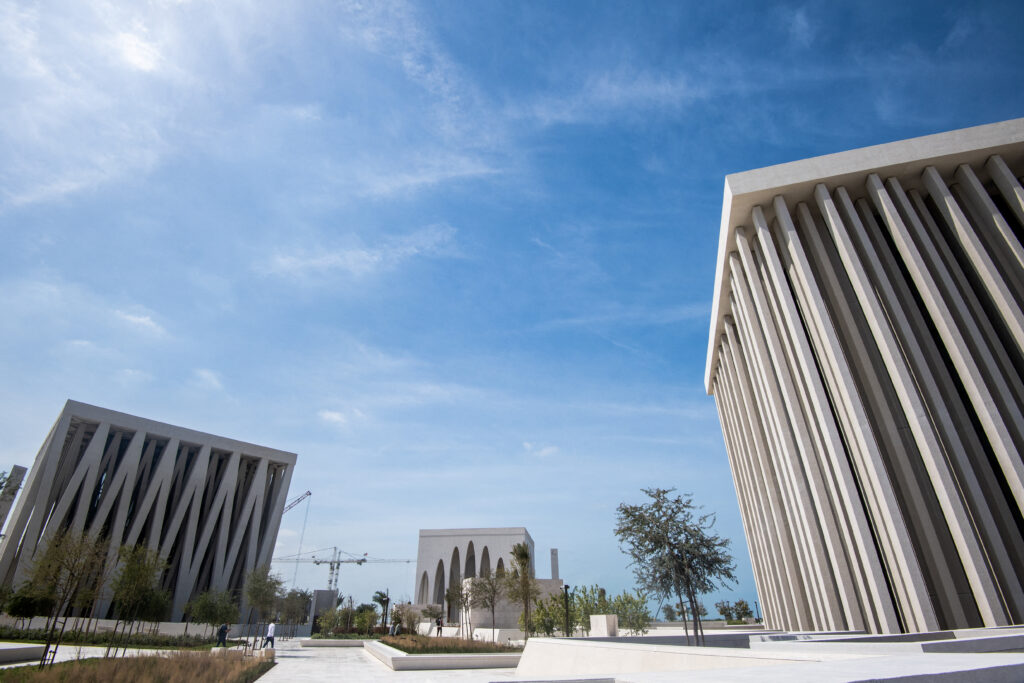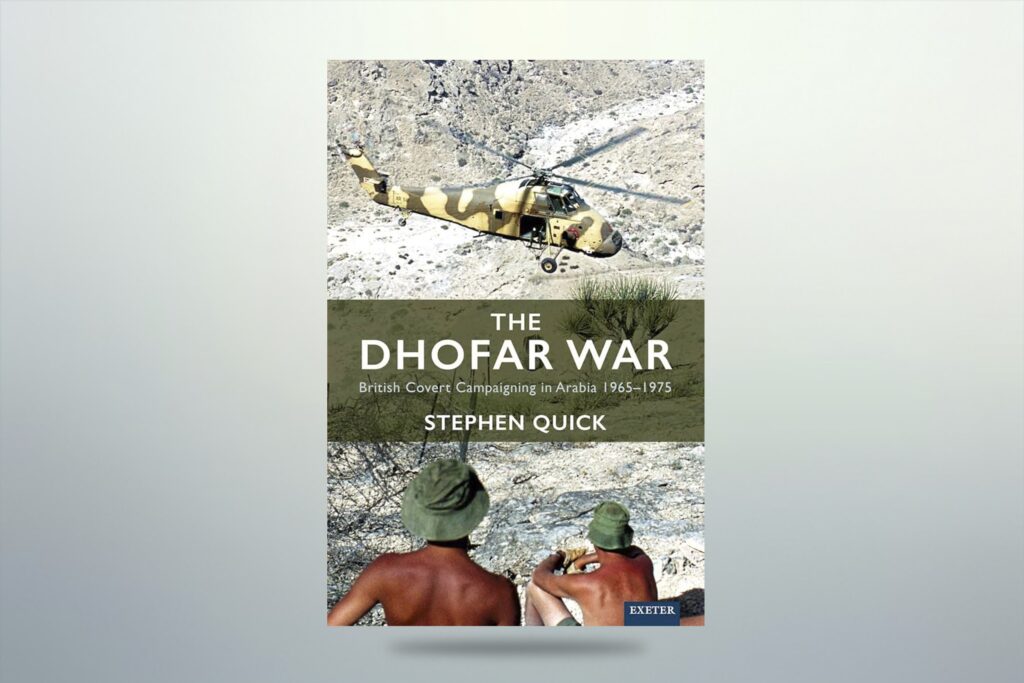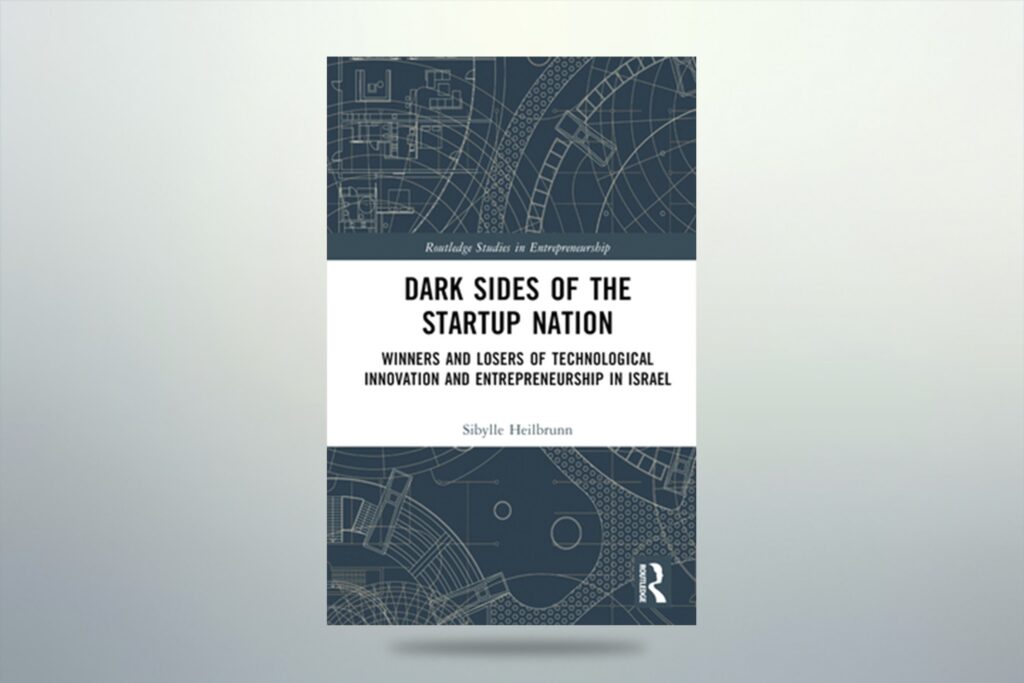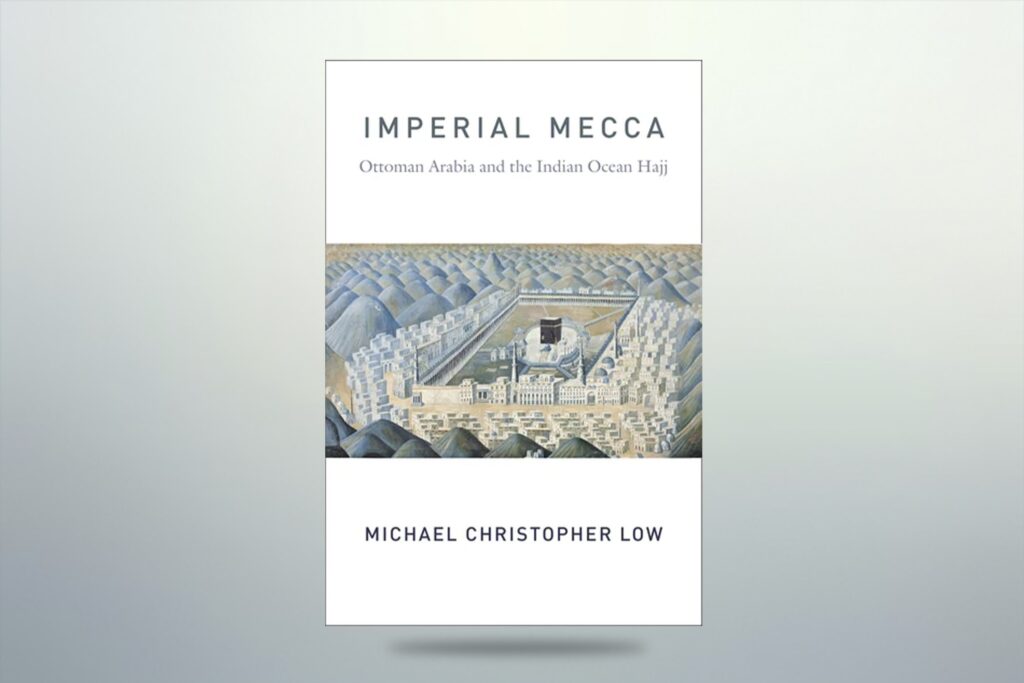After the Pandemic: Taming Iran’s Trouble Making in the Middle East
- - March 26, 2020
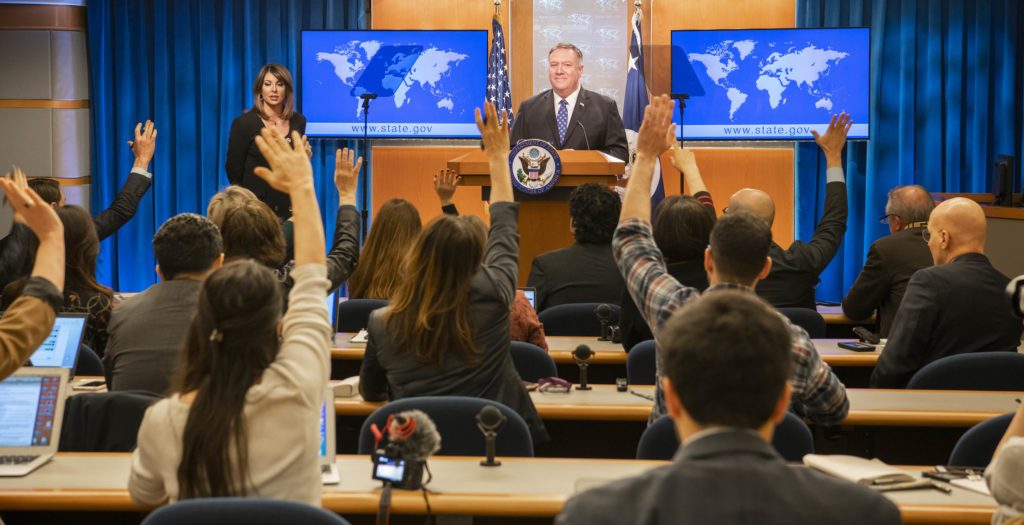
By Hussain Abdul-Hussain
Iran is facing a “war” with the coronavirus named Covid-19. Under multiple sanctions and out of money, Tehran is struggling to control the spread of disease and a rising death toll. While no one wants to turn human tragedy into dividend, it is nevertheless no exaggeration to say that Iran has been among the biggest purveyor of misery in the Middle East’s recent history. Thus, it might not be unvirtuous to wonder if this crisis cannot be used to eventually foster greater peace in the region. Can Iran’s ambitions to violence be tempered by acts of generosity by its neighbors?
To be sure, the only deed that is nobler than aiding a friend in need is helping a rival in distress. Ever since Covid-19 started spreading in Iran weeks ago, Tehran has received aid, and aid offers, from unexpected sources. After transporting seven tonnes of UN medical aid to Iran, the UAE flew 32 tonnes of its own medical supplies to Tehran, which is reeling in the face of an invisible enemy that has dwarfed whatever limited resources the country can spare to fight it.
Even America, Iran’s sworn enemy, has offered Tehran medical aid. After all, the Arab Gulf states and the US understand that their disagreements with Iran are over policy, and that no one – anywhere in the world – wants to see the Iranian people die of sickness.
But while Tehran accepted aid from its Gulf neighbors and the European Union, it rejected America’s. Iranian Supreme Leader Ali Khamenei went so far as to say that American medical aid would probably be “poison,” and that US medical staff that might visit Iran to help would in fact come watch how America’s poison kills Iranians. Khamenei’s statement provoked the US State Department to respond by highlighting what it described as “Iranian lies” that America produced the virus in its labs and spread it around the world.
Iran has instead insisted that America lifts wholesale its sanctions on the country, which Tehran depicted as causing a humanitarian disaster and hampering its ability to stop the spread of Covid-19. And that is the problem with Iran. It makes demands upon demands, but does not reciprocate.
Already, in an instance of “virus diplomacy,” former US officials who enjoy some credibility with Tehran have proposed that Iran releases American prisoners in return for Washington approving a $5 billion emergency loan that Iran had requested from the IMF. In that proposal, America would also allow Iran to receive international aid in cash – a process that is currently under sanctions as that cash would flow through America’s dollar-settlement infrastructure – as part of humanitarian détente. The Trump administration, in fact, even seemed on board, to judge by its implicit approval of its close ally, Kuwait, donating $10 million to Iran as humanitarian assistance.
But with the usual intemperance about purported American motives, from Khamenei and other Iranian officials, virus diplomacy now is on ice.
Still, as long as Iran continues to face an out-of-hand health crisis, Tehran will need aid. So, the question is whether Tehran can be convinced to accept medical supplies and assistance from regional governments in exchange for abandoning its support of Hezbollah, the Houthis, Shia militias in Iraq and other sundry militant and outright terrorist groups. Remember, less than a year ago both Abu Dhabi and Riyadh flew 95 tonnes of food and shelter material to Iran to help Tehran deal with devastating floods that had caused the death of 76 Iranians and the displacement of thousands. That was a gesture without any quid pro quo.
Today, the Covid-19 crisis possibly is the greatest existential threat to the Islamic Republic since its founding. The pandemic has shown the entire Iranian leadership and government structure to be utterly incapable of any solution. It is a systemic failure. And in the absence of any plausible action by the regime, the people might well decide that the system itself needs change. The regime should be concerned.
Yet, can the Arab Middle East and Europe continue to offer aid unconditionally when they too are in the midst of the pandemic? (It needs to be conceded that Iran will never accept anything from the US, which might be construed as capitulation to the “Great Satan.”) The Arab Middle East and Europe might, however, be more willing to help the Iranian regime survive if Tehran were to cease to be the great violent, militant disruptor of the region. In the current situation, where all are struggling with the pandemic, it is not unseemly to set a price that balances out needs against geostrategic interests of the most virtuous variety – peace.
The coronavirus crisis is so unprecedented it is changing established norms everywhere. In many ways, the world is undergoing a reboot. It would be in the interest of Iranians, the Tehran regime and the region if a reset can be effected on the northern shores of the Gulf that reverberates to the Levant, Iraq and elsewhere in the region. SYNDICATION BUREAU
About the Author
Hussain Abdul-Hussain is the Washington bureau chief of Kuwaiti daily Al-Rai and a former visiting fellow at Chatham House in London.
Image caption: Briefing With Ambassador at Large for International Religious Freedom Sam Brownback On COVID-19 Impact on Religious Minorities. Photo: US Department of State.
More in This Series
- Jean-Loup Samaan
- - October 15, 2024
- Clemens Chay
- - August 21, 2024
- Jean-Loup Samaan
- - July 11, 2024




